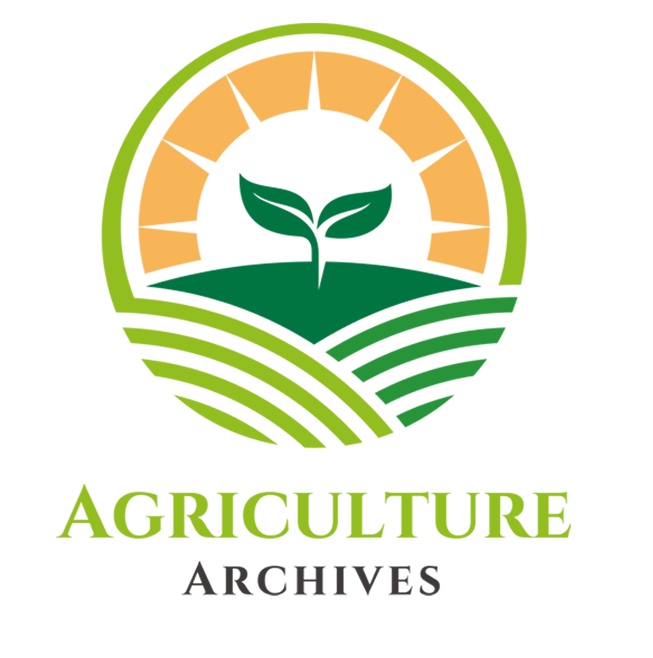Pesticides serve as indispensable tools in modern agriculture, yet their widespread use poses environmental challenges, particularly concerning soil and water quality. This abstract presents a comprehensive overview of the physicochemical behavior of pesticides in soil and water systems, crucial for effective pesticide management and environmental protection. Factors influencing pesticide fate and transport, including soil properties, pesticide characteristics, environmental conditions, and management practices, are discussed. Key physicochemical processes such as sorption, degradation, volatilization, and leaching govern pesticide behavior, impacting their persistence and potential environmental risks. Strategies for minimizing pesticide contamination and promoting sustainable agriculture are highlighted, emphasizing the importance of integrated pest management and conservation practices. Through collaborative efforts and informed decision-making, we can mitigate pesticide pollution, preserve natural resources, and safeguard ecosystem health.
